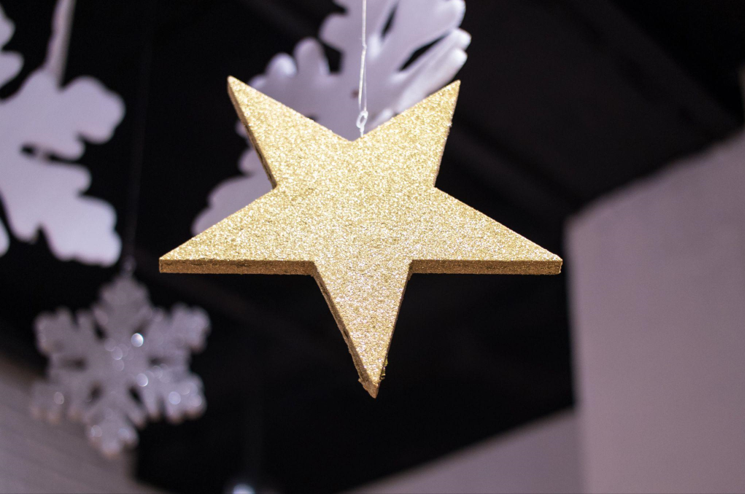Flocked Artificial Christmas Trees: A Cost-Saving Alternative to Real Trees
As the holiday season approaches, many people turn to purchasing real cheap Christmas trees to spruce up their homes and get into the festive spirit. While the sight and smell of a real tree may be tempting, the issue with real trees is they can be expensive and take a toll on the environment, mainly when disposed of after the holidays. Luckily, an affordable and eco-friendly solution is flocked artificial Christmas trees.
Flocked artificial Christmas trees are coated with a light dusting of artificial snow, giving it a realistic and wintery feel without needing real snow. These trees are available in various sizes and styles and can be used year after year.
Purchasing a flocked artificial Christmas tree can be cost-effective, too. The cost of a real cheap Christmas tree varies depending on its size and type, but on average, it can cost anywhere from $50 to $100 or more. Flocked artificial Christmas trees typically cost less and, as previously mentioned, can be used repeatedly for years to come. Plus, they eliminate the need to dispose of a tree after the holiday season, saving you money and reducing your carbon footprint.
Creating a Sustainable Vegetable Garden
Besides flocked artificial Christmas trees, gardening enthusiasts can improve the environment by planting a vegetable garden. Not only does planting a vegetable garden provide a sustainable food source, but it can also attract butterflies while deterring aphids.
Aphids are a common pest that feeds on plants, causing them to weaken and become susceptible to diseases. However, planting certain plants in a vegetable garden can help deter aphids from feeding on plants. For example, marigolds, dill, and fennel are natural deterrents for aphids and other pests. These plants can also attract beneficial insects like ladybugs and lacewings, which prey on aphids and other harmful insects.
Planting a vegetable garden can also create a habitat for butterflies. Butterflies are essential pollinators that help maintain a healthy ecosystem by spreading pollen from plant to plant. Certain plants like milkweed and dill attract butterflies and can create a beautiful and sustainable addition to any garden.
Conclusion
Flocked artificial Christmas trees are an affordable and eco-friendly alternative to real cheap Christmas trees. They can provide a sense of holiday spirit without the added expense and environmental impact. Additionally, planting a sustainable vegetable garden can not only benefit the environment. Still, it can also create a beautiful and beneficial habitat for beneficial insects like butterflies while deterring pests like aphids. You can contribute to a healthier and more sustainable planet by making these small but impactful changes.

